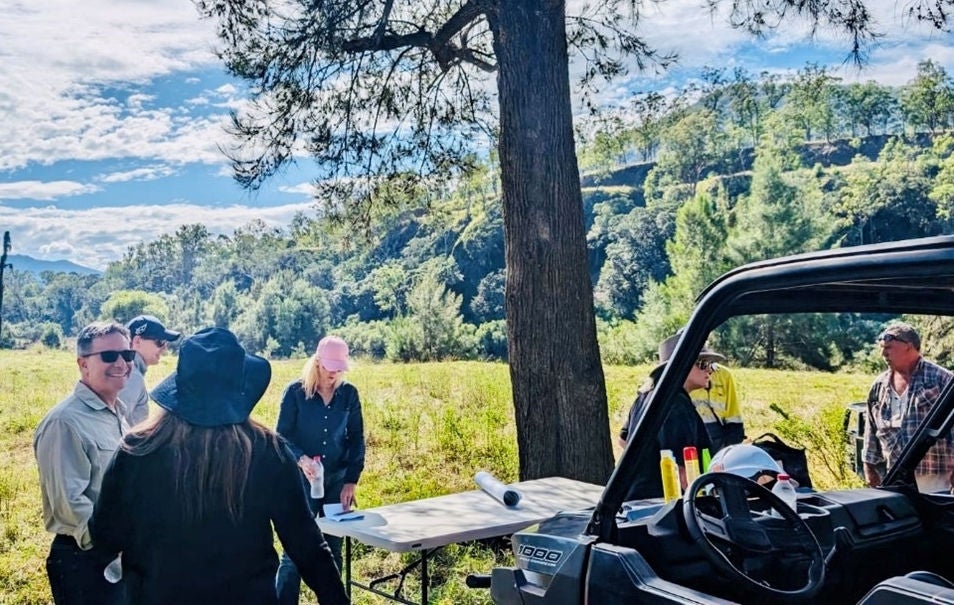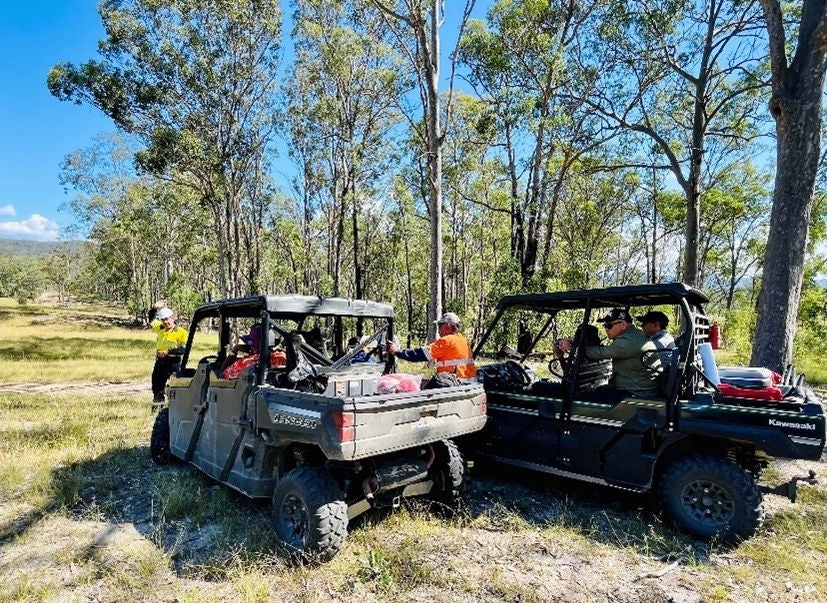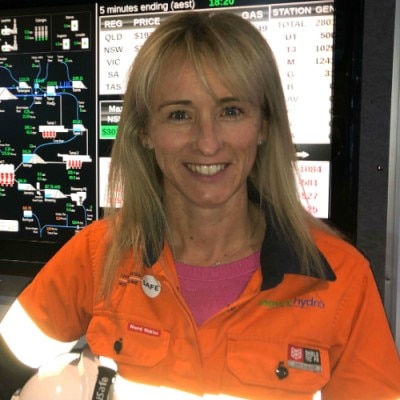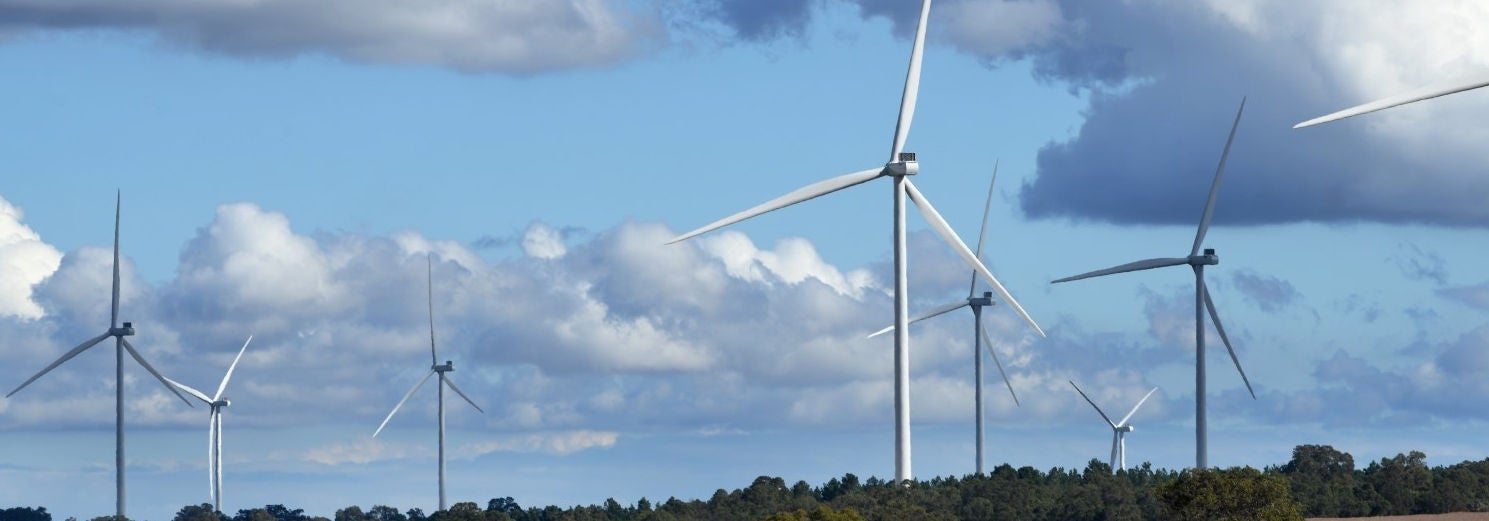Being Honest
About where Australia’s
energy comes from.
The importance of meeting on Country
Improving how we build relationships, engage and partner with First Nations communities is a commitment in our first Reconciliation Action Plan (published in January this year). We aim to cultivate partnerships with our First Nations stakeholders based on trust, understanding and respect.
Amanda Weston, Planning and Environment Manager for the Oven Mountain Pumped Hydro Project, talks about a recent cultural heritage inspection and meeting First Nations elders from Thunggutti and Dunghutti on Country to discuss the plans for the project. It was the first time in more than two decades that the two Aboriginal communities had met on Country.
We became 100% owners of the Oven Mountain Pumped Hydro Project in September last year and even though we’d been involved with the project from the beginning, we’ve now started establishing critical relationships in community.
The project is on the traditional lands of the Dunghutti Peoples, with several other Aboriginal nations across the region holding important cultural links to the area. Working through GIRA (our First Nations Advisory partners), members of the Dunghutti Elders Council asked us to arrange a cultural heritage inspection on Country. Members of the project and GIRA came together with senior Aboriginal knowledge holders from the Dunghutti Elders Council and Thunggutti Local Aboriginal Land Council on Country.
Meeting senior knowledge holders
A cultural heritage inspection with these senior knowledge holders signifies the importance of caring for and nurturing the cultural and ecological values of Country when planning for the project and ensuring that we continue to learn from and respect their role in the future of the project.
Listening to them we learned that they’d only seen cross sections of the plans and hadn’t been able to discern what that meant for the land and waterways. We prepared large land maps to help tell the story of how the project would be developed.
Seeing the Elders gather around those maps, pointing out landmarks, and sharing their own stories was a rare and special moment for the project. Taking the time to really get to know their history and the significance of this land provided the opportunity for the project and senior leaders of the Aboriginal community to establish new and trusted relationships. Several Elders reflected that they hadn’t accessed these parts of Country for many years, in some case since their childhood.

Listening to their stories
Their stories reinforced to us how critical preserving and honouring the profound cultural heritage embedded within the land and waters is to developing projects like Oven Mountain.
We shared the project’s investigations undertaken to date and discussed our commitment to support the protection and conservation of crucial cultural and ecological values of Country. We showed how we’re taking a proactive approach to sustainable development and making cultural preservation central to the project’s planning and implementation.
Following this meeting, we’ve agreed that, together with the Aboriginal communities, we’ll create an Aboriginal advisory group for the project to ensure that these types of collaborative discussions continue with a shared vision.

A significant step forward
This meeting marked a significant step forward in fostering mutual respect, understanding, and cooperation between First Nations communities and the project.
For us that is what reconciliation is all about. Listening and understanding. We’re committed to building real partnerships with the traditional owners of the land. That means meeting them where they are – literally and figuratively – and giving their voices and knowledge a seat at the table.
Click here to download our Reconciliation Action Plan.
Further Reading
Find out more about some of our other renewables projects below.




